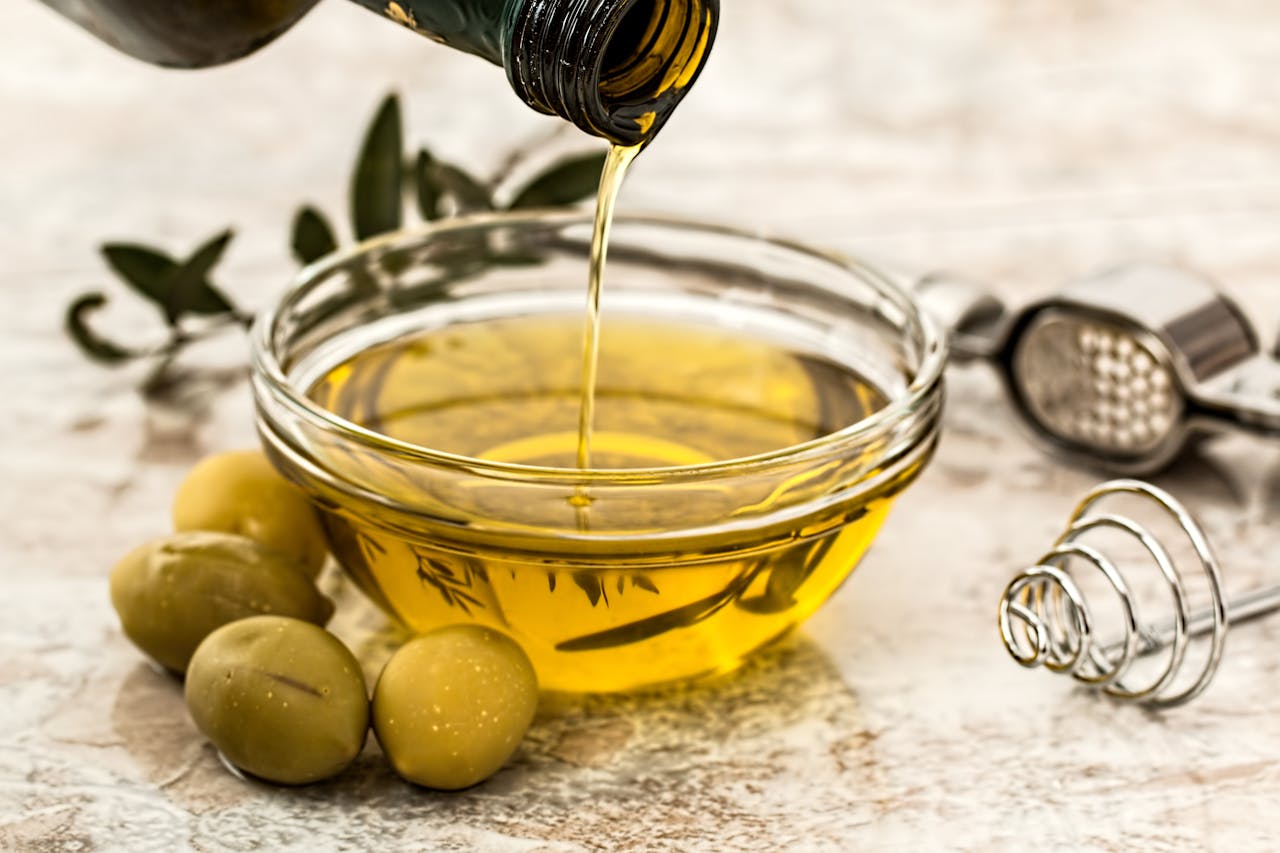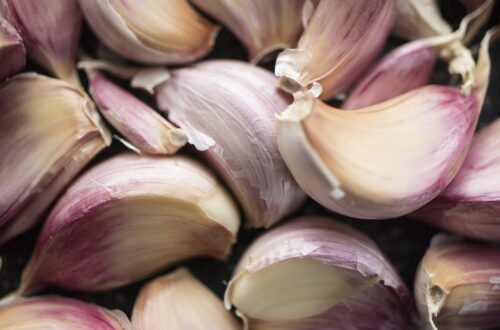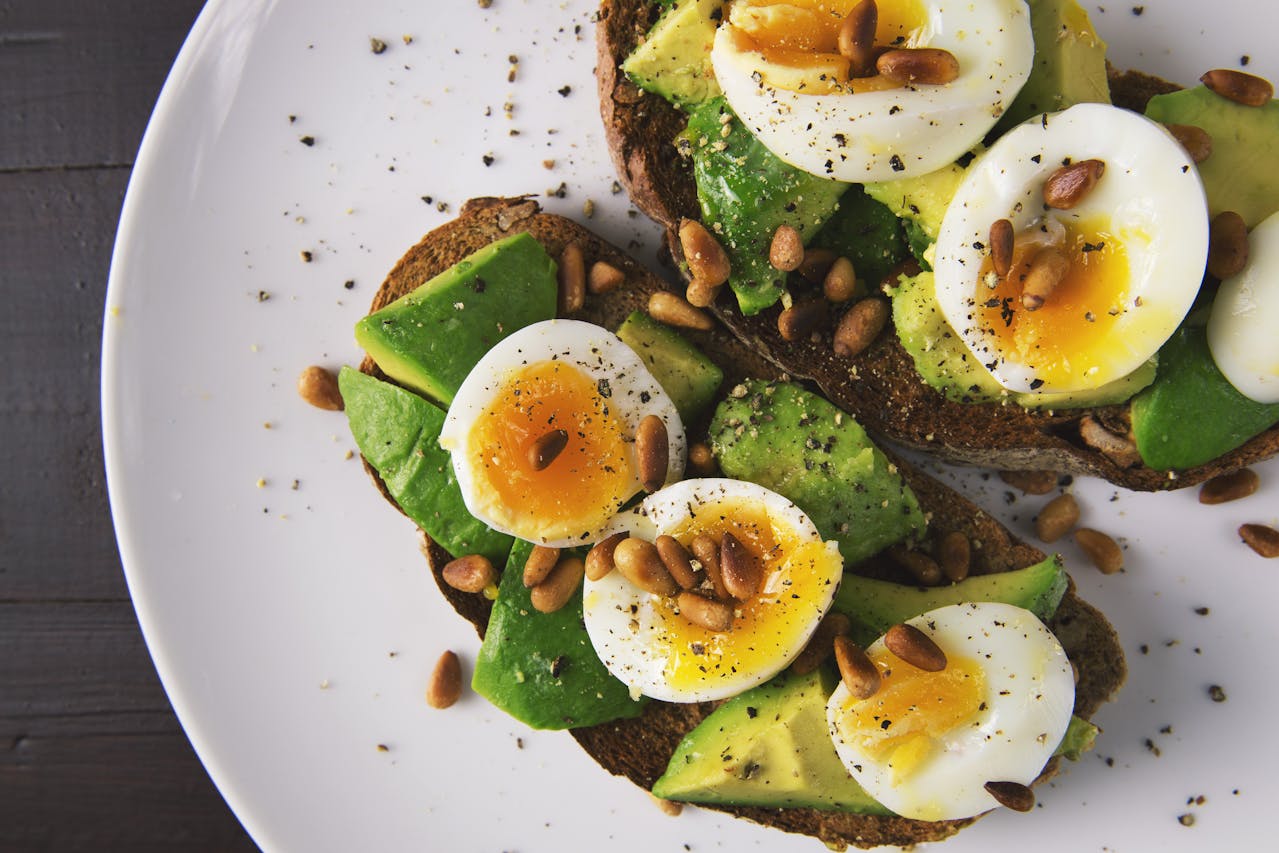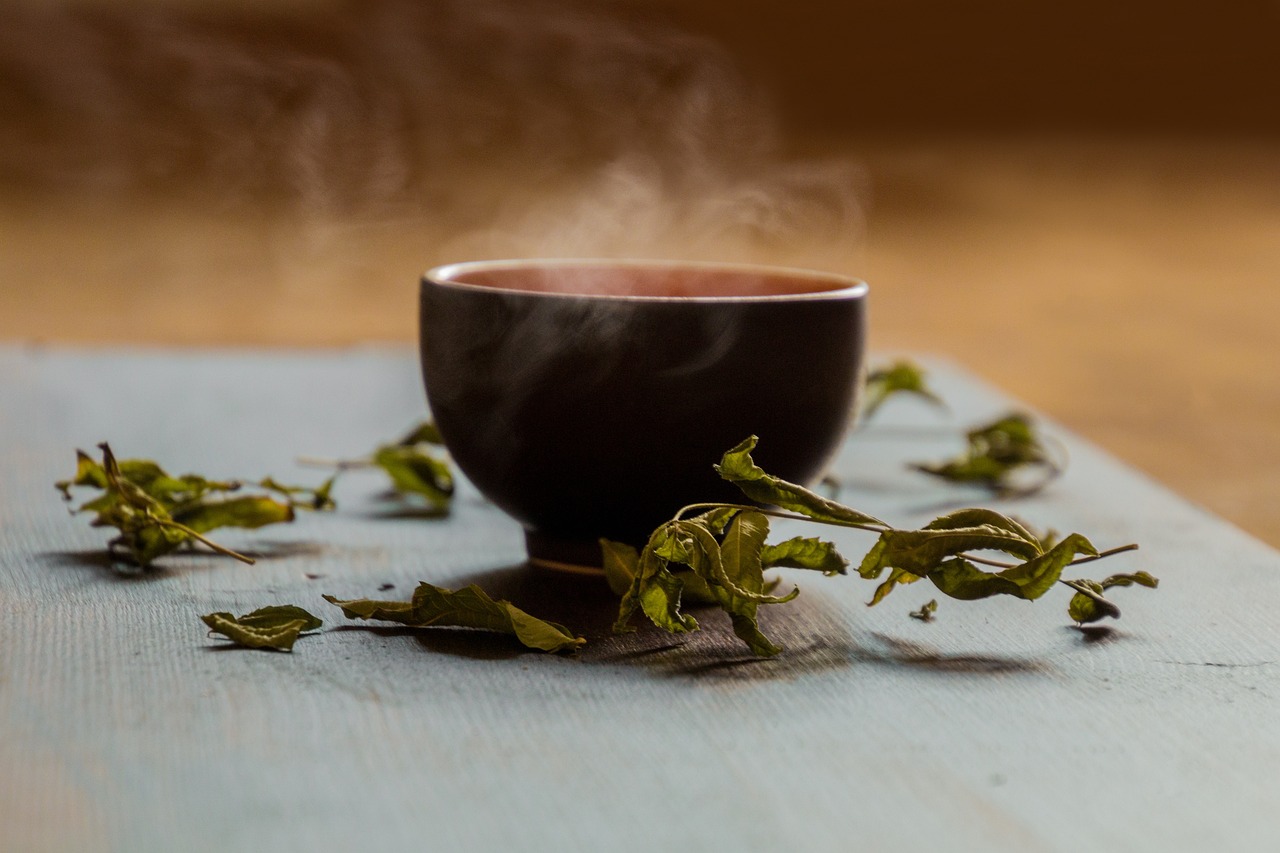
The Ultimate Guide To Lemon Balm Tea: Recipes And Uses
Lemon balm (Melissa officinalis), a member of the mint family, is a fragrant herb known for its calming properties and delightful lemony scent. It’s been used for centuries in traditional medicine and culinary applications. One of the most popular ways to enjoy lemon balm is in tea form. This guide will explore various lemon balm tea recipes and uses, delving into its benefits, preparation methods, and unique applications.
What is Lemon Balm?
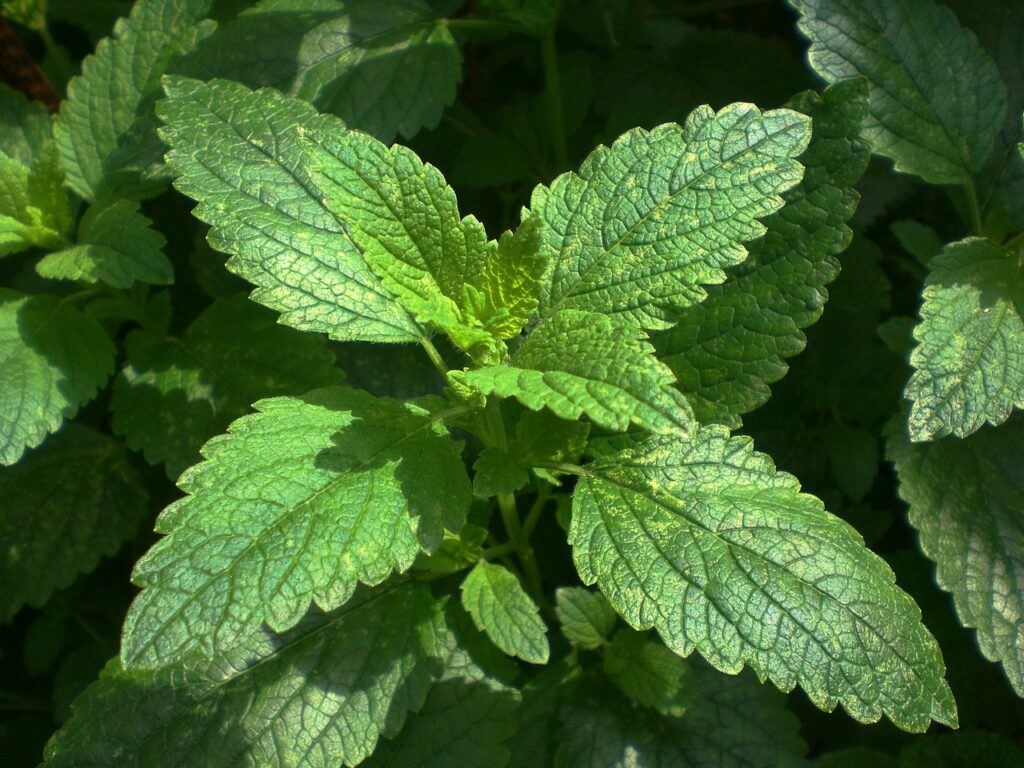
Lemon balm is a perennial herb native to Europe, North Africa, and West Asia. It has heart-shaped leaves with a mild lemon scent and small white flowers. Historically, it has been used for its medicinal properties, including reducing stress and anxiety, improving sleep, and aiding digestion. Its pleasant flavor makes it a popular ingredient in teas and culinary dishes.
Benefits of Lemon Balm Tea
1. Reduces Anxiety and Stress
Lemon balm contains rosmarinic acid, which has been shown to have calming effects. Studies suggest that lemon balm can help reduce symptoms of anxiety and stress, promoting a sense of calmness.
2. Improves Sleep Quality
Lemon balm tea is often recommended as a natural remedy for insomnia and other sleep disorders. Its calming properties help relax the mind and body, making it easier to fall asleep and stay asleep.
3. Aids Digestion
Lemon balm has carminative properties, meaning it can help relieve gas and bloating. Drinking lemon balm tea after meals can promote better digestion and alleviate gastrointestinal discomfort.
4. Boosts Cognitive Function
Some studies suggest that lemon balm can enhance memory and improve mood. It may also help in improving concentration and cognitive performance.
5. Antioxidant Properties
Lemon balm is rich in antioxidants, which help protect the body against damage from free radicals. These antioxidants can help reduce inflammation and support overall health.
Lemon Balm Tea Recipes
Classic Lemon Balm Tea
Ingredients:
- 1 cup fresh lemon balm leaves (or 1 tablespoon dried leaves)
- 2 cups water
- Honey or lemon (optional)
Instructions:
- Boil the water in a saucepan.
- Add the lemon balm leaves to a teapot or a large mug.
- Pour the boiling water over the leaves and cover.
- Let it steep for 10-15 minutes.
- Strain the tea into a cup.
- Add honey or lemon to taste, if desired.
Lemon Balm and Chamomile Tea
Ingredients:
- 1/2 cup fresh lemon balm leaves (or 1 tablespoon dried leaves)
- 1/2 cup fresh chamomile flowers (or 1 tablespoon dried flowers)
- 2 cups water
- Honey (optional)
Instructions:
- Bring the water to a boil.
- Combine the lemon balm and chamomile in a teapot or a large mug.
- Pour the boiling water over the herbs and cover.
- Let it steep for 10-15 minutes.
- Strain the tea into a cup.
- Sweeten with honey, if desired.
Lemon Balm and Mint Iced Tea
Ingredients:
- 1/2 cup fresh lemon balm leaves
- 1/2 cup fresh mint leaves
- 4 cups water
- Ice cubes
- Lemon slices (optional)
- Honey or sweetener (optional)
Instructions:
- Boil the water in a large pot.
- Add the lemon balm and mint leaves to the boiling water.
- Remove from heat and cover.
- Let it steep for 15-20 minutes.
- Strain the tea and let it cool to room temperature.
- Pour the tea into a pitcher and refrigerate until cold.
- Serve over ice with lemon slices and sweeten if desired.
Lemon Balm and Lavender Tea
Ingredients:
- 1/2 cup fresh lemon balm leaves (or 1 tablespoon dried leaves)
- 1 tablespoon dried lavender flowers
- 2 cups water
- Honey (optional)
Instructions:
- Bring the water to a boil.
- Combine the lemon balm and lavender in a teapot or a large mug.
- Pour the boiling water over the herbs and cover.
- Let it steep for 10-15 minutes.
- Strain the tea into a cup.
- Add honey to taste, if desired.
Lemon Balm and Ginger Tea
Ingredients:
- 1/2 cup fresh lemon balm leaves (or 1 tablespoon dried leaves)
- 1-inch piece of fresh ginger, sliced
- 2 cups water
- Honey (optional)
Instructions:
- Boil the water in a saucepan.
- Add the ginger slices to the boiling water and simmer for 5 minutes.
- Add the lemon balm leaves to the saucepan, remove from heat, and cover.
- Let it steep for 10-15 minutes.
- Strain the tea into a cup.
- Sweeten with honey, if desired.
Unique Uses for Lemon Balm Tea
1. Skin Toner
Lemon balm tea can be used as a natural skin toner. Its antioxidant properties help soothe and rejuvenate the skin. Simply brew a strong batch of lemon balm tea, let it cool, and apply it to your skin with a cotton ball.
2. Hair Rinse
Using lemon balm tea as a hair rinse can help improve scalp health and add shine to your hair. Brew a strong tea, let it cool, and pour it over your hair after shampooing. Leave it on for a few minutes before rinsing with water.
3. Bath Soak
Adding lemon balm tea to your bath can create a relaxing and aromatic experience. Brew a few cups of strong lemon balm tea and add it to your bathwater. The soothing properties of lemon balm can help relax your muscles and calm your mind.
4. Cooking Ingredient
Lemon balm tea can be used as a flavorful ingredient in cooking. Use it to infuse syrups, sauces, and marinades with a hint of lemony flavor. It pairs well with poultry, fish, and desserts.
5. Aromatherapy
The calming scent of lemon balm can be used in aromatherapy. Brew a pot of lemon balm tea and let it fill your home with its soothing aroma. Alternatively, you can add dried lemon balm leaves to a potpourri mix.
Conclusion
Lemon balm tea is a versatile and beneficial herbal tea with numerous uses and health benefits. Whether you’re looking to reduce stress, improve sleep, aid digestion, or simply enjoy a delicious and refreshing beverage, lemon balm tea is a wonderful choice. Its calming properties and delightful flavor make it a favorite among herbal tea enthusiasts.
By experimenting with different recipes and applications, you can fully enjoy the myriad benefits that lemon balm has to offer. From a simple cup of tea to a luxurious bath soak, lemon balm’s versatility and effectiveness are truly impressive.
Disclaimer
The information provided in this blog post is for educational purposes only and is not intended as a substitute for professional medical advice, diagnosis, or treatment. Always seek the advice of your physician or other qualified health provider with any questions you may have regarding a medical condition. The benefits mentioned are based on traditional uses and some scientific studies, but individual results may vary.
References
- Natural Medicines Comprehensive Database. (n.d.). Lemon Balm. Retrieved from Natural Medicines
- Kennedy, D. O., Little, W., & Scholey, A. B. (2004). Attenuation of laboratory-induced stress in humans after acute administration of Melissa officinalis (Lemon Balm). Psychosomatic Medicine, 66(4), 607-613.
- Miroddi, M., Navarra, M., Quattropani, M. C., Calapai, F., & Gangemi, S. (2013). Lemon balm as a treatment for anxiety disorders. Journal of Ethnopharmacology, 145(3), 667-679.
